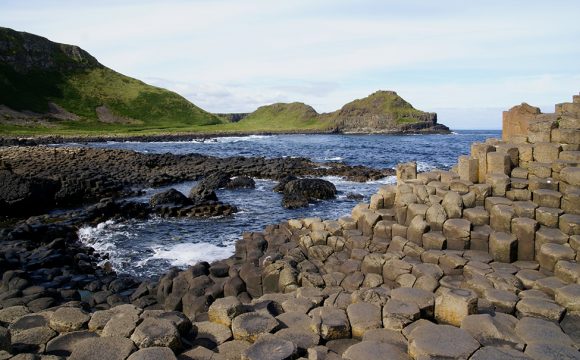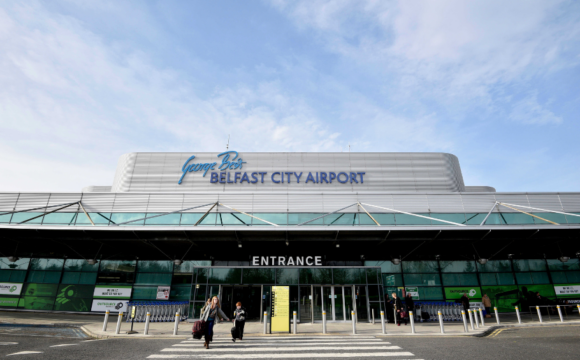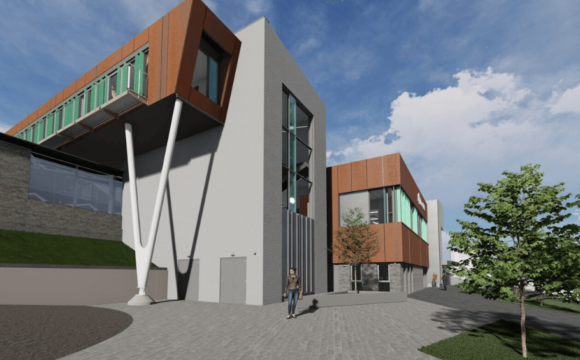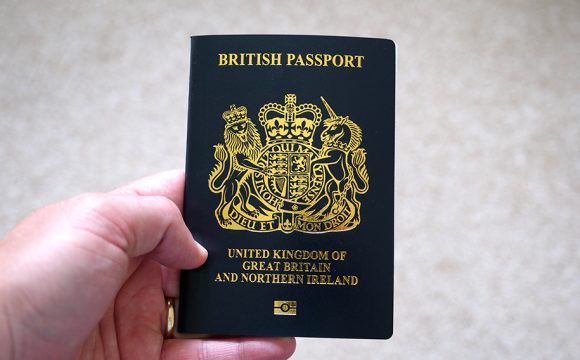The Belfast Charitable Society will host a series of events, guiding you through the revolutionary decade which culminated in the famous 1798 Rebellion.
You will have the opportunity to walk in the footsteps of Belfast’s reformers, radicals and rebels and visit their final resting places to gain a unique insight into 18th century Belfast, coined as the ‘Athens of North’ at this time.
Opened in 1797, Clifton Street Cemetery is the burial ground for some of the most famous people in Belfast’s history, the philanthropic reformers of the Joy family, the radical Mary Ann McCracken and Dr William Drennan, the founder of the United Irishmen movement.
Paula Reynolds, Chief Executive of the Belfast Charitable Society at Clifton House said: “We were forced out of Clifton House during the Rebellion, as many of the Board members were involved in radical activity. The first of only three occasions during which the Society has not been in its home since 1774.
“The Board was divided, and one can only imagine the discussions and arguments that would have gone on in the house and around the board table. This Easter we are excited to share this story with you; allowing you to be present in the rooms and at the gravesides of these rebels and radicals. Come along and let your imagination take you back to that period.”
On Good Friday (April 19) John Gray, former Linen Hall Librarian, will give a talk on Cave Hill and the United Irishmen in Clifton House’s historic Board Room – where many of the United Irishmen met as members of the Belfast Charitable Society during the tumultuous decade of the 1790s.
Running daily between April 24-26 hear about the Joy, McCracken, McCabe and Cunningham families who were on opposing sides of the 1798 Rebellion and how the Charitable Society emerged from the aftermath. The Tour will include an illustrated talk to help set the scene before heading to Clifton Street Cemetery to visit the final resting places of Belfast’s radicals and reformers.
















